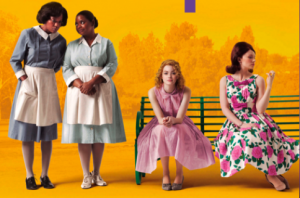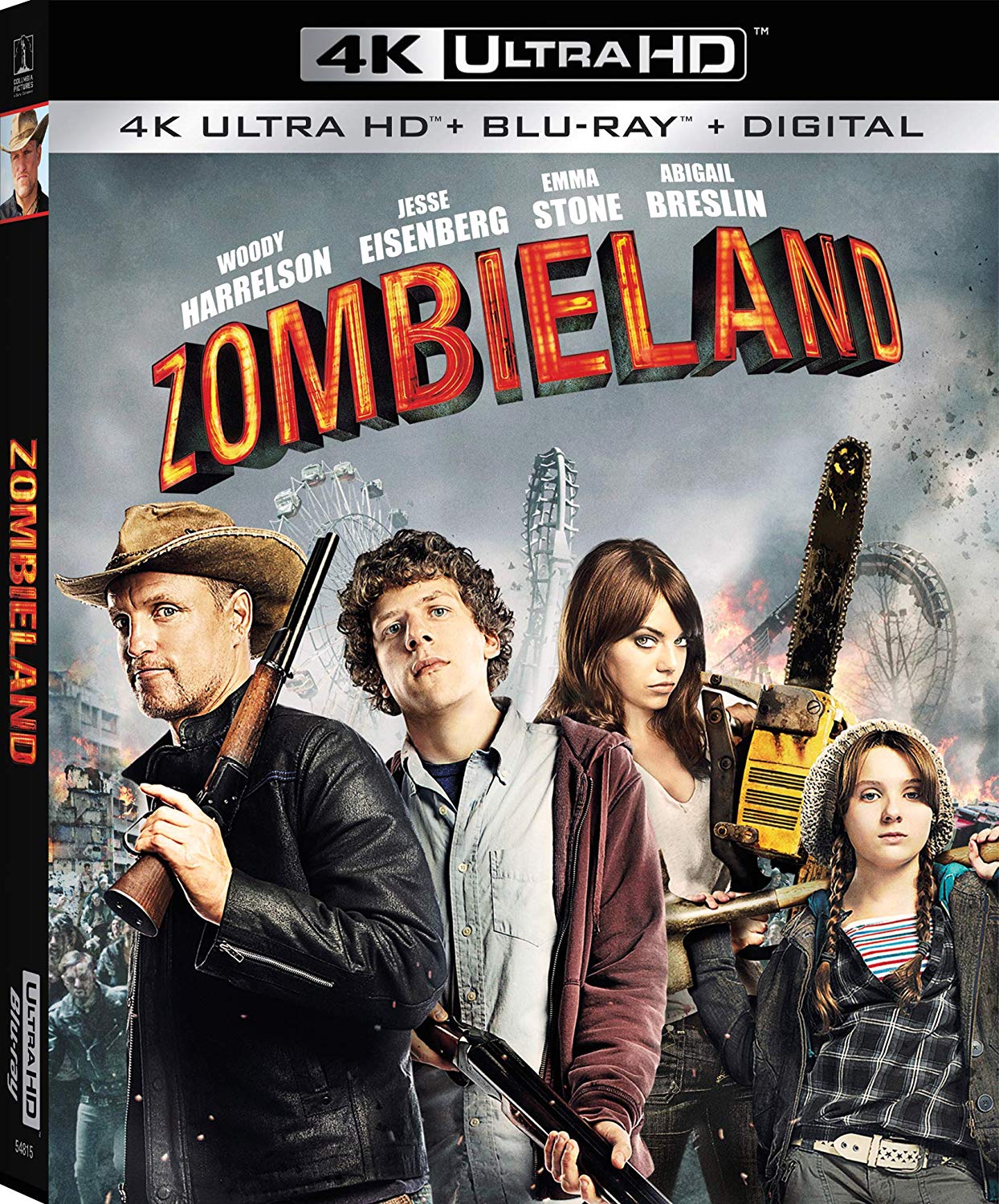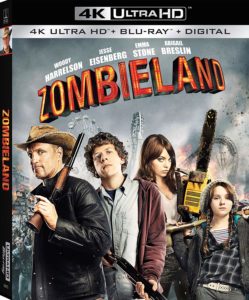‘The Help’ — Emma Stone and Bryce Dallas Howard
Posted on July 15, 2011 at 8:00 am
On playing the movie’s villain, Hilly:
“I literally don’t want to look at it – she’s such a terrible person. What’s interesting when you start doing a role is at first the character is really shocking. But then you play the character 18 hours a day and I’m like – look, I have long hair!”
“It’s really fun to be such a terrible character and the feeling on set is so joyful and we’re having such a wonderful experience together. The book and the script is the same way — It’s like a salacious read and really juicy and it does at moments get really quite heavy. But Tate has created this environment on set of making everyone feel really playful so that in those moments when it’s really intense and obviously incredibly loaded given our history as a country we don’t fall into this lull as actors – oh, my god, this is too much. For that reason, normally a character like this I would not be able to sleep at night, but because of the feeling Tate’s created on set when she’s evil it’s more fun than it is scary.’
On the Southern accent:
“Nadia the dialect coach has been really specific and has recorded people whose dialects were pure according to that time period. It’s a mishmash of a bunch of different recordings. It’s really fun and I love it and look forward to and enjoy it but really appreciate and need the support of a dialect coach. I wouldn’t know where to begin in terms of the nuance. The only other time I’ve done a Southern accent, I played a character in the 1920’s from Memphis – there are some similarities but also some distinct differences.”
On finding a way to make the villain a real character:
“She’s a duplicitous character, there’s always that duality. Someone gave me some great advice about the character. I was doing more of an arch-villain at first. She said, ‘You have to protect these women in this time in all its devastating honesty.’ Most women were definitely not like Hilly. She’s a particular person. It’s important to play that she’s not a two-dimensional character. She believes in certain things. Obviously, it’s not only misguided, it’s evil. But there is an origin for her beliefs. To not just play this crazy character, it’s important to understand the psychology behind it.”
On her research:
“The research that I did was fascinatingly personal. My mom was raised a lot in the South and when she was growing up, she was born in the 50s so in the 60s and 70s she was at times ostracized and called a Northerner. She actually started reading The Help and had to put it down because it was so intense for her. She’s picked it up again and she’s like, ‘It’s such a good book but I can’t read it before bed. I can read Stephen King before bed and Anne Rice before bed, but this is too intense.’”
Emma Stone
On her connection to her character:
“Skeeter and I have a lot more in common than I would care to admit. I’m not as brave as she is in what she is taking on. But I do understand being a maybe a little different than your peers. Everyone’s gone through that. I like that she isn’t a martyr and the lessons she learns. I love this girl so I am doing the best I can to accurately bring her to life.”
On what she gets from shooting on location:
“We’re lucky enough to be shooting in the South, which is so great. Being surrounded by Southerners and hearing their stories and watching civil rights history like Eyes on the Prize or books about Jim Crow that kind of helped me with the back story as far as the time period. But as far as being in the South we are so lucky that we’re in Mississippi because I never knew what the real feeling of being in the South was like, the kind of secrecy, the two sides there are to everybody. We’re in a small town. Everyone’s been so nice and so welcoming. They also know everything that’s going on. They know if I had someone over to my house last night! It really informs what’s going on in the movie. The secrecy required for something that’s illegal at the time is – I now understand so much more how quickly word travels in a small town in the South. It’s good to know what it’s like.”
On the relationship of her character to her frenemy, Hilly:
“Bryce has been pretty note-perfect so far. It’s really important to Tate to establish that Hilly and Skeeter were best friends and really did love each other. And they really do love each other underneath it all but they haven’t spent a lot of time together for the past four years. And in those four very formative college years their opinions on things greatly differ and it becomes more apparent now that Hilly is married and has kids. It’s easy for me because the way she’s playing it has been so fantastic. She can switch from sweet as pie to just awful in a heartbeat. She’s figured out the balance really well and it’s my job to react to whatever mood Hilly’s in.”
On being in a women-centered story:
“Everyone is here to make the same movie and no one’s come with an ego – when that’s the case and its women, I don’t want to sound all girl power here but it’s been a nice empowering environment to be in. And Tate’s keeping a calendar of when who is going through any hormonal times, he’s surrounded by nine emotional actress females.”




